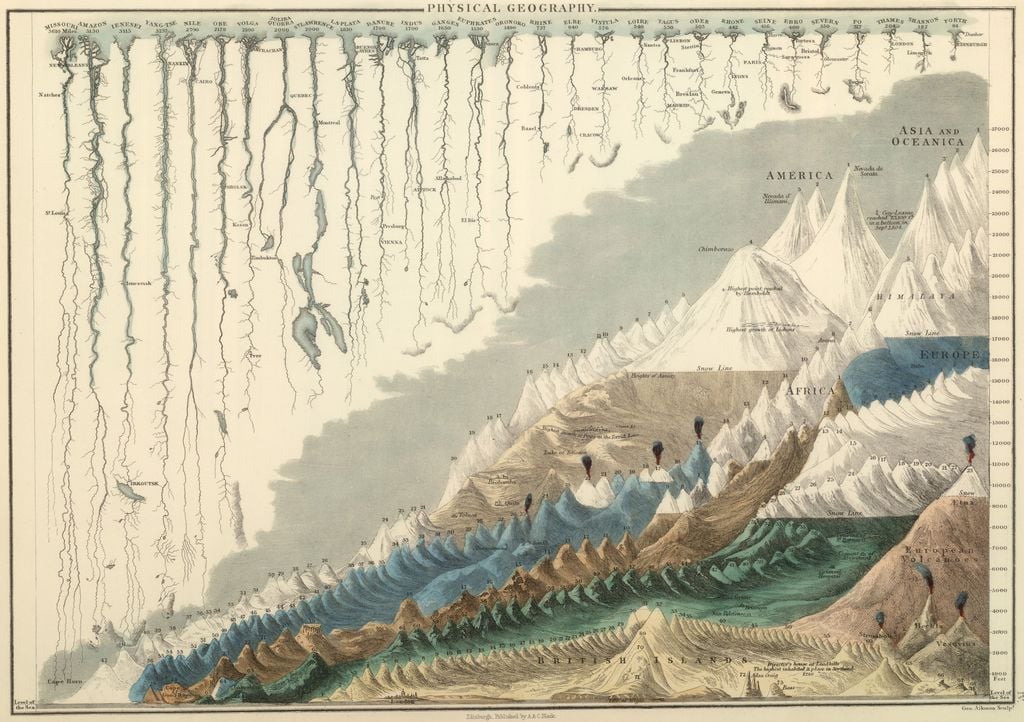
What is Comparative Politics and how do we do it? How do we explain similarities and variations in the ways political institutions and authorities are organized around the world? How does a comparative approach help us understand contemporary sociopolitical processes?
This course offers an in-depth study of the conceptual and methodological tools of comparative politics, as well as a critical reflection on how the various approaches developed in this sub-field of political science enable us (or not) to make sense of the world around us.
First, the course aims to understand how diverse this subfield is. It does so by analyzing the intellectual legacies on which it was built - in particular J.S Mills, Alexis de Tocqueville and Max Weber - and the debates surrounding these legacies.
Second, the course examines comparative politics as a methodology, taking a critical look at its key tools (typologies, variables and case study designs).
Third, and based on these reflections, the course will address the “big topics” of the field, such as the state construction, regime change and the dynamics of political mobilizations. Using cases from all regions of the world, the course will also examine the transnational circulation of political concepts and practices.
Bibliography :
- Kenneth Newton et Jan W. van Deth, Foundations of Comparative Politics, Cambridge University Press, 2010
- Erica Simmons et Nicolas Smith (ed.), Rethinking Comparison, Cambridge University Press, 2021
- Daniele Caramani (ed.), Comparative Politics (6th edition), Oxford University Press, 2023
- Benedict Anderson, A life beyond boundaries: a memoir, Verso, 2016
- Enseignant: ANNE LAURE MAHE